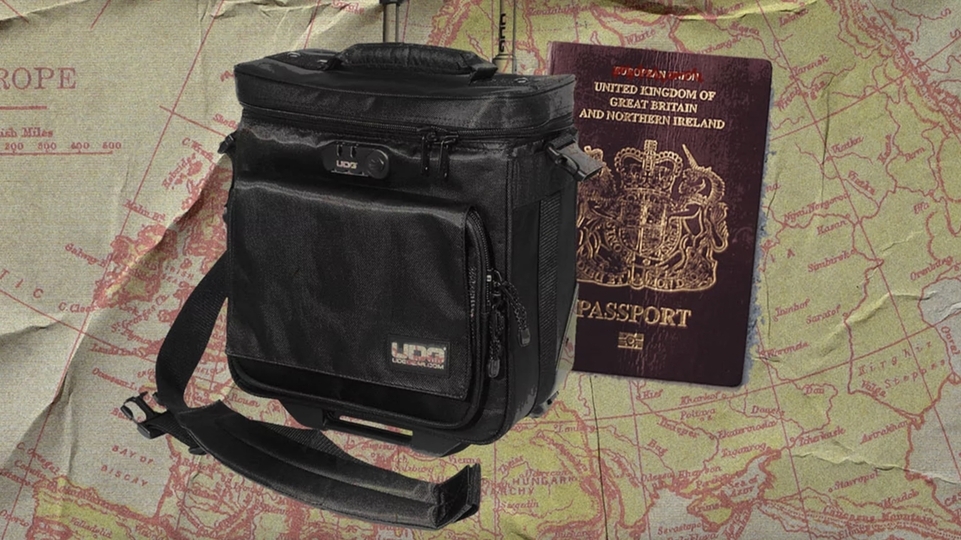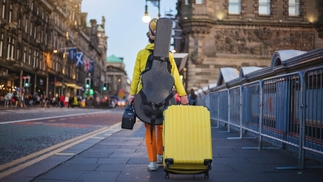Over 25% of UK musicians and industry workers report no work in EU since Brexit
Visas, work permits, and travel expenses are cited as contributing factors for loss of work

A quarter of UK musicians and industry workers have had no work in the European Union since Brexit, and almost half have said that they are working there less, a new survey has revealed.
More than 400 musicians and industry workers took part in research by The Independent Society of Musicians (ISM), giving testimony on their experiences working in Europe since Brexit from 1st January 2021 until April 2023, reports The Guardian. Participants were asked to exclude experiences impacted by the Covid pandemic.
Results revealed the “devastating” impact of Brexit on the music sector, with the new regulations and tariffs introduced after the leave described as having “impaired the viability” of music industry professionals to operate in the EU.
40% reported that they have lost work as a result of Brexit, while almost as many (39%) say they have been forced to turn work down in the EU. Additionally, a quarter of participants reported having “no work at all” in Europe since the changes were implemented in April 2021.
According to the ISM report, ‘Paying the Price’, working on the bloc has been further complicated by restrictions imposed under the Schengen visa waiver scheme, which requires music sector workers to spend 90 days in a 180-day period in the EU.
One respondent noted that many of their clients have “fallen foul” to the regulations, which apply even in countries that do not require visas or work permits, and had “lost out on tens of thousands of pounds of work as a result.”
As The Guardian notes, the trade and cooperation agreement (TCA) signed by the UK and EU on 30th December 2020 failed to include any “specific provisions on short-term travel” for creative professionals.
Deborah Annetts, the ISM’s chief executive, said: “Brexit should never have meant that musicians cannot share their talent freely with our closest neighbours. This damages our country, our soft power and our precious creative talent pipeline.”
Visas and work permits were cited as the most frequent extra expenses since Brexit, notes The Guardian, followed by the cost of customs permits (carnets) which allow vehicles to be taken across borders. “Carnets dramatically increase the time it takes to cross the border, no one at the border really knows what’s going on, the carnet is an unnecessary expense,” said one respondent.
“An extra day of travel is required to go in and out of the EU...”, another added. “This means the vehicle has to leave a day early for an EU tour, adding an extra day of van hire, extra day of backline hire, extra day of wages for all crew and extra day of wages for all musicians.”
Read the full report from The Guardian here.






